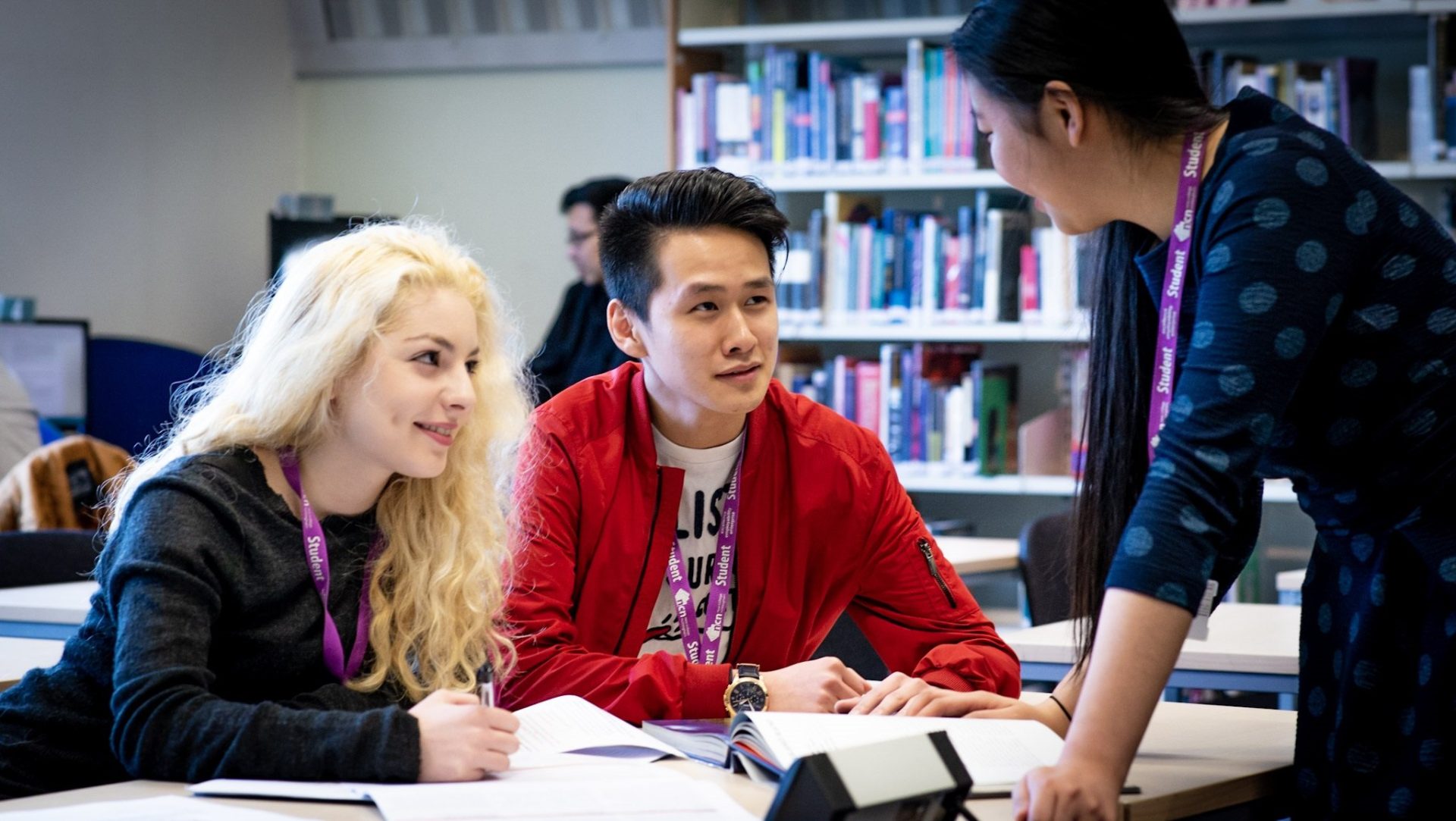Based on the findings from UUKi’s previous reports and their latest report, ‘Short-term mobility, long-term impact’, read our latest blog to find out more on the benefits of short-term study.
“In the last decade, shorter mobility programmes have increasingly been developed and offered by universities alongside the traditional year/semester abroad model. This is in part due to deeper international collaboration with overseas universities and organisations, and summer school, research and internship opportunities offered to UK partners. It is also due however, to the general move to increase the number of UK students benefiting from overseas experiences.
These short and intensive programmes open up opportunities for students from disciplines where traditional, longer, periods away are not possible. Furthermore, they are attractive and accessible to students from disadvantaged groups, minimising the many barriers to participation and offering unique experiences of long-term value and impact.
The facts about short-term mobility
A key finding from UUKi’s Widening participation in UK outward student mobility report, published in 2017, was that short-term mobility of 1 – 4 weeks is more attractive to disadvantaged students. UUKi undertook to expand the evidence base further in this area, in Gone International: expanding opportunities, published in 2018. The report found that the positive outcomes enjoyed by mobile graduates are often more pronounced for students from disadvantaged and underrepresented groups.
"We also heard from students how short-term mobility broke down barriers to participating in international experiences, with programmes having lower and more transparent costs and bursaries"
Emily Sinclair
UUKi’s 2019 report, Gone international: rising aspirations, noted that numbers of reported short-term mobilities in the UK had risen over the last few years, with options of four weeks or less accounting for 21%, or one in five of all reported mobilities compared with 15.3% for the previous year’s cohort.
UUKi’s new report Short-term mobility, long-term impact published in June, presents findings and best practice. During the project, we surveyed 749 students and ran 17 student focus groups to understand why students chose short-term travel abroad, and what the benefits and impact were.
The results show that such international opportunities provide a wide range of positive, lasting outcomes on students’ personal development, intercultural understanding, academic studies and future employment prospects:
- 78% of students said that it provided an international dimension to their degree
- 69% stating that it built confidence in their academic ability
- 88% reported greater self-confidence
- 93% reported greater adaptability
- 89% felt they had developed their intercultural and interpersonal skills
- 93% saying they had increased their understanding of different cultures
These skills are crucial for the graduates of tomorrow, and the experiences themselves enhance CVs, making students stand out and giving them the edge at interviews.
We also heard from students how short-term mobility broke down barriers to participating in international experiences, with programmes having lower and more transparent costs and bursaries and scholarships enabling students to take part. The shorter length meant students could fit in the time away around other commitments. Through structured pre-departure advice and sessions, students felt more prepared and had a greater understanding of what to expect during the time abroad.

Key features
The report showcases 16 case studies of short-term mobility experiences delivered by universities across the UK. These highlight how varied short-term mobility programmes can be: academic-focused, designed and led by faculty; industry-based visits or placements; engagement with local community and organisations; language and cultural summer schools at international partners.
Distinctive and common features are that they are usually highly organised, focused, structured, and intensive. They are often group-led multi-disciplinary initiatives, bringing together a diverse student population from across the university, who undertake group project-based learning as part of the experience. The case-studies also show best practice in structured preparation of students well in advance of travel and the importance of financial scholarships and support.
Levelling up
It is clear that short-term mobility equips participating students with many of the skills that longer-term study abroad provides. However, what really stands out from the report is the potential that short-term mobility offers for breaking down those barriers to studying abroad often experienced by students from disadvantaged groups.
Furthermore, it is evident how universities are particularly using such initiatives to widen participation to under-represented groups for whom longer periods of mobility can be more challenging and in doing so, ensure equity of opportunity.
With levelling up a key priority of the Turing Scheme, there is huge potential to meet this objective through funds which the scheme specifically dedicates to widening participation students.”
Find out more about how we are supporting disadvantaged groups on the widening access page.






